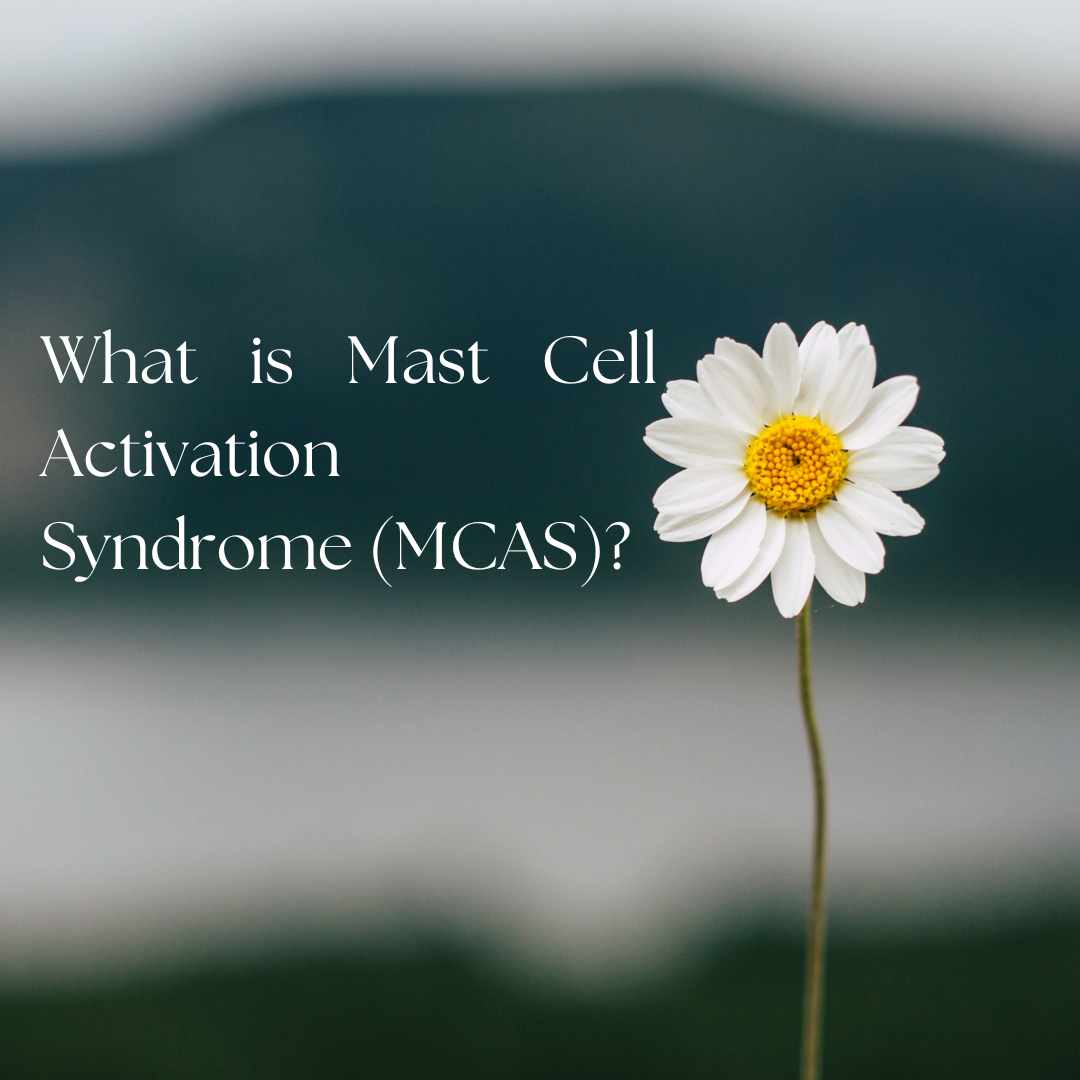Unraveling the Mysteries of Mast Cell Activation Syndrome

**Understanding Mast Cell Activation Syndrome**
MCAS is a multifaceted disorder characterized by inappropriate mast cell activation and subsequent release of numerous mediators, including histamine, leukotrienes, and prostaglandins. These overly eager mast cells, typically guardians of immune response, launch into action even in the absence of genuine threats, leading to a plethora of symptoms spanning various organ systems.
**Clinical Manifestations**
The clinical presentation of MCAS is diverse, masquerading as an array of seemingly unrelated symptoms. Patients may experience recurrent episodes of flushing, itching, abdominal pain, diarrhea, headache, palpitations, and cognitive dysfunction, among others. Such heterogeneity often poses a diagnostic challenge, necessitating a high index of suspicion.
**Diagnostic Dilemmas**
Diagnosing MCAS requires a judicious blend of clinical acumen and investigative prowess. While laboratory tests such as serum tryptase levels and urinary histamine metabolites offer valuable insights, they may not consistently reflect mast cell activity. Thus, diagnosis often hinges on meticulous history-taking and recognition of symptom patterns suggestive of mast cell involvement.
**Management Strategies**
Managing MCAS demands a multifaceted approach aimed at mitigating symptom burden and improving quality of life. Pharmacological interventions, including antihistamines, mast cell stabilizers, and leukotriene antagonists, serve as cornerstone therapies. Dietary modifications, such as adhering to a low-histamine diet and botanical medicine can also confer symptomatic relief. Additionally, stress management techniques and lifestyle modifications play pivotal roles in ameliorating symptom exacerbations.
**Emerging Therapeutic Horizons**
The therapeutic landscape of MCAS continues to evolve, with promising avenues on the horizon. Novel targeted therapies, including mast cell stabilizers and monoclonal antibodies against specific mast cell mediators, hold immense potential in modulating aberrant mast cell activity. Furthermore, ongoing research endeavors strive to unravel the intricate molecular mechanisms underlying MCAS, paving the way for tailored therapeutic interventions.
Wondering if you have MCAS or need help managing your MCAS schedule an appointment with us !

